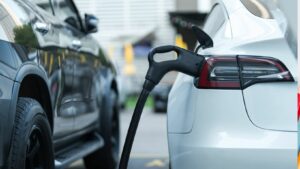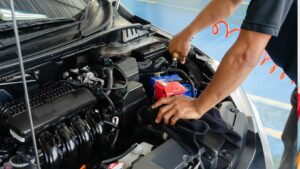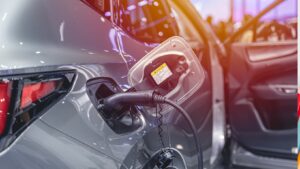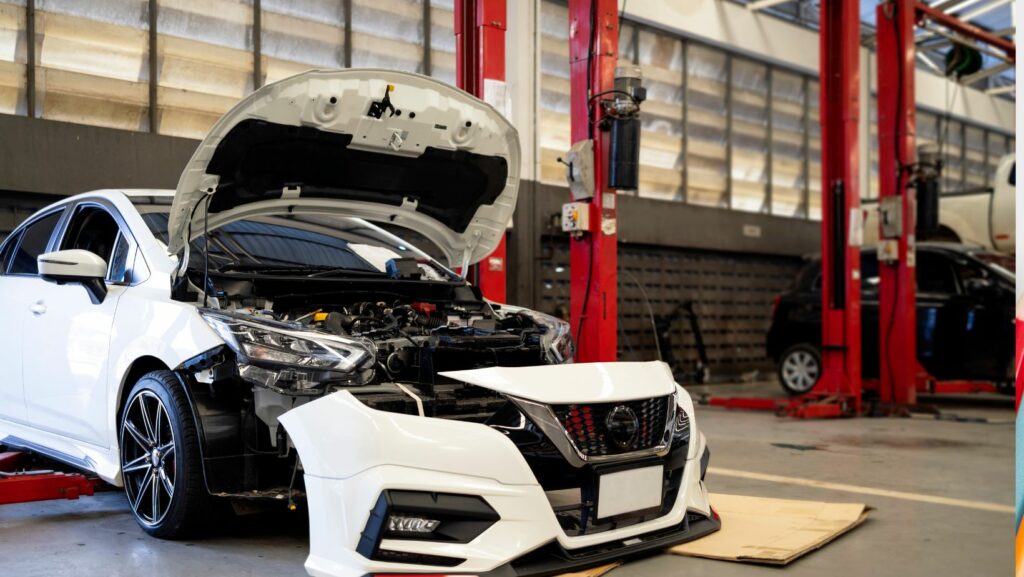Electric Car Maintenance vs Gas
When comparing electric car maintenance to gas-powered vehicles, it’s essential to understand the nuances that differentiate the two. Below, we delve into the environmental impact and cost differences to provide a comprehensive view of the maintenance considerations for both types of vehicles.
Electric cars have a lower environmental impact compared to gas-powered vehicles. With zero tailpipe emissions, electric vehicles contribute significantly less to air pollution and greenhouse gas emissions. The shift towards electric cars aligns with sustainability goals, making them a cleaner and greener transportation option. In contrast, gas-powered vehicles emit harmful pollutants like carbon monoxide, nitrogen oxides, and volatile organic compounds, contributing to environmental degradation.
When it comes to maintenance costs, electric cars generally have lower operational expenses than gas-powered vehicles. Electric cars have fewer moving parts, reducing the complexity of maintenance requirements. Additionally, electricity is often cheaper than gasoline, providing cost savings over time. On the other hand, gas-powered vehicles require more frequent oil changes, filter replacements, and overall upkeep, resulting in higher maintenance costs. While the upfront cost of electric cars may be higher, the long-term savings on maintenance can make them a cost-effective choice.
Maintenance Needs for Electric Cars
Electric cars have specific maintenance needs, distinct from traditional gas-powered vehicles. Understanding these requirements is crucial for informed decision-making. Below are the key maintenance considerations for electric cars.
The battery is a critical component of an electric car, impacting its performance and longevity. Proper battery care is essential to maintain its lifespan. Here are some tips to ensure optimal battery performance:
- Regularly check and maintain the battery cooling system to prevent overheating.
- Avoid deep discharges by charging the battery before it reaches low levels.
- Follow the manufacturer’s guidelines for charging and storage to prolong the battery’s life.
- Inspect and test the high-voltage cables and connections for wear and tear.
- Check the charging port regularly for any debris or damage that could affect charging.
- Schedule routine maintenance checks with a qualified electric car technician to ensure the electrical system’s integrity and safety.
Maintenance Needs for Gas Cars
Gas cars require regular engine maintenance to ensure proper functioning. Gas cars have engines that need frequent tune-ups and inspections to keep them running smoothly. Regular engine maintenance tasks include checking spark plugs, fuel filters, and ignition systems to maintain optimal performance.
Regular oil changes are essential for gas cars to lubricate the engine components and prevent wear and tear. Maintaining proper fluid levels, such as coolant, brake fluid, and transmission fluid, is crucial for the overall health of gas-powered vehicles.
When it comes to cost analysis between electric cars and gas-powered vehicles, there are key differences to consider in terms of initial costs and long-term savings, and repair and replacement expenses. Electric cars typically have higher initial costs due to the expensive battery technology. However, they offer significant long-term savings as electricity is generally cheaper than gas, resulting in lower fuel costs over time. Additionally, electric vehicles require less maintenance, translating to savings on servicing and repairs compared to traditional gas cars.
In terms of repair and replacement expenses, electric cars tend to have lower maintenance costs as they have fewer moving parts and the regenerative braking system reduces wear on brake pads. However, when it comes to battery replacement, it can be a significant expense. On the other hand, gas cars may require more frequent and varied maintenance, leading to potentially higher overall repair costs compared to electric vehicles.
Electric Car Maintenance vs Gas, there has been a notable shift in consumer preferences towards electric vehicles. With growing concerns about climate change and the environment, many consumers are opting for electric cars due to their lower carbon footprint and reduced reliance on fossil fuels. As more individuals seek sustainable transportation options, the demand for electric vehicles has been steadily increasing. Looking ahead, the future of the automotive industry seems to be heading towards electrification. Experts predict a significant rise in the adoption of electric vehicles as governments worldwide implement stricter emissions regulations and offer incentives for eco-friendly transportation.

